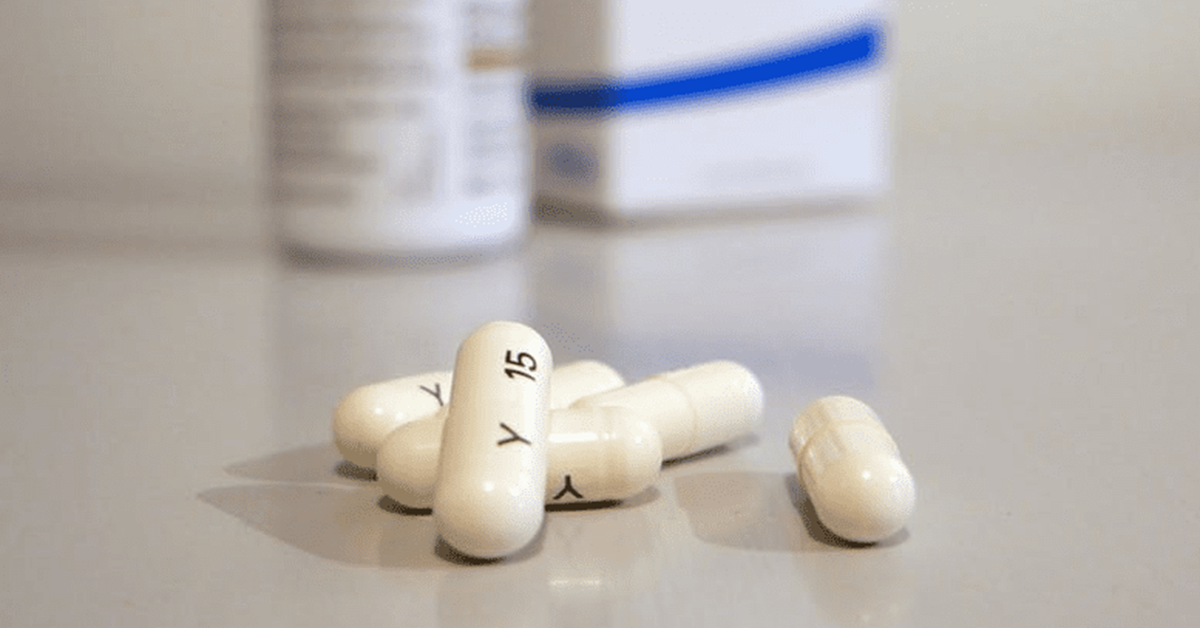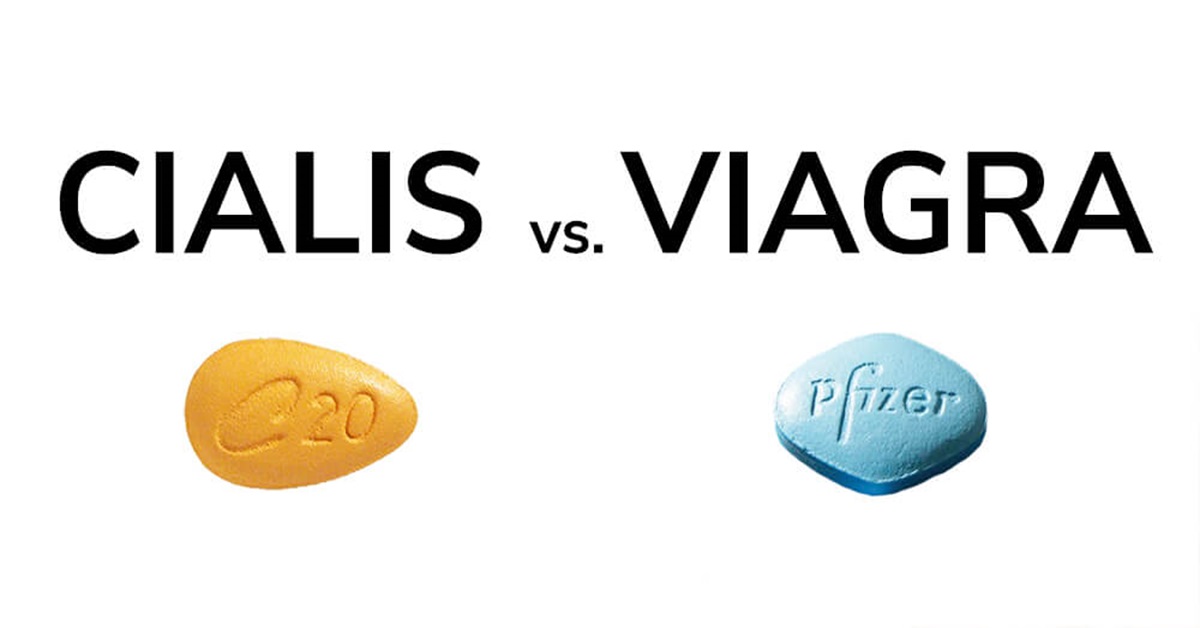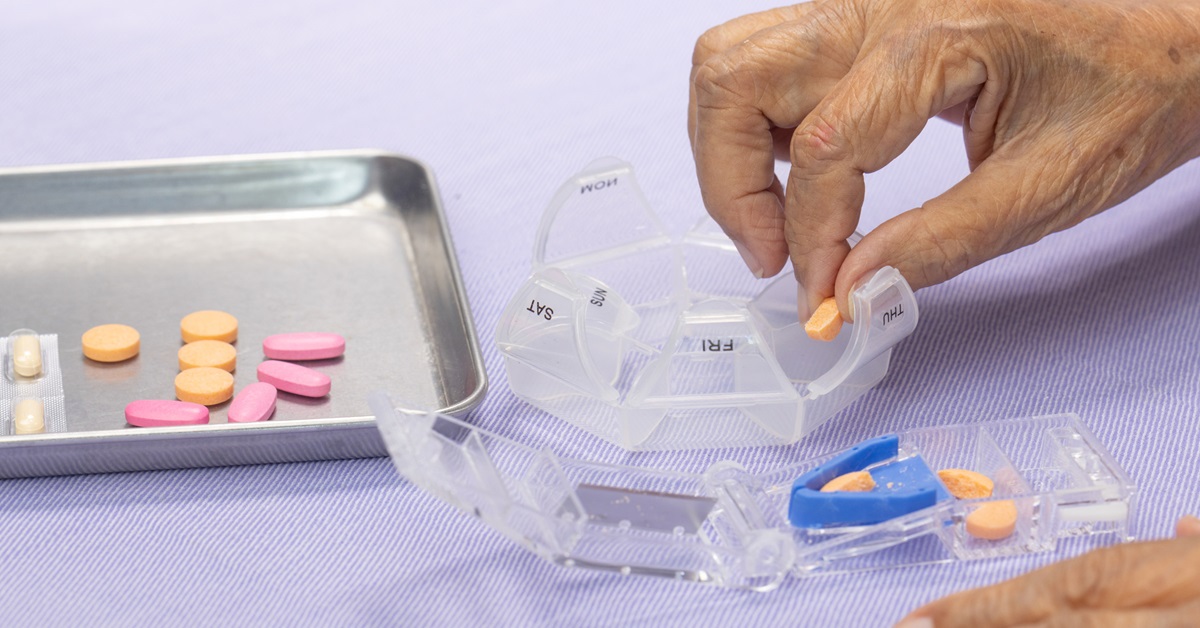Acid reflux, a common condition affecting millions worldwide, often necessitates medical intervention to alleviate symptoms and prevent complications. Two prominent medications prescribed for acid reflux management are Famotidine and Omeprazole. This article delves into the efficacy and safety of these medications, providing a comparative analysis to help patients and healthcare providers make informed decisions.
Understanding Acid Reflux
Acid reflux, or gastroesophageal reflux disease (GERD), occurs when stomach acid frequently flows back into the esophagus, causing irritation. Symptoms include heartburn, regurgitation, and difficulty swallowing. Left untreated, acid reflux can lead to esophageal inflammation, ulcers, and even cancer.
Famotidine: Efficacy and Safety
What is Famotidine?
Famotidine is an H2 (histamine-2) blocker that decreases the amount of acid the stomach produces. It is commonly used to treat and prevent ulcers in the stomach and intestines, and it also helps manage conditions like Zollinger-Ellison syndrome, which involves excessive stomach acid production.
Efficacy of Famotidine in Acid Reflux Management
Famotidine is effective in reducing acid production, thereby alleviating heartburn and preventing damage to the esophagus. Studies have shown that Famotidine provides quick relief from acid reflux symptoms, often within an hour of ingestion. It is particularly useful for short-term management and for individuals who experience intermittent symptoms.
Safety Profile of Famotidine
Famotidine is generally well-tolerated with a favorable safety profile. Common side effects include headache, dizziness, and constipation. Rare but serious side effects can include an allergic reaction, arrhythmia, or severe skin reactions. Famotidine has a relatively low risk of drug interactions, making it suitable for patients on multiple medications.
Omeprazole: Efficacy and Safety
What is Omeprazole?
Omeprazole belongs to a class of drugs called proton pump inhibitors (PPIs). It works by irreversibly inhibiting the enzyme responsible for acid production in the stomach, providing a more prolonged reduction in stomach acid compared to H2 blockers like Famotidine.
Efficacy of Omeprazole in Acid Reflux Management
Omeprazole is highly effective in managing chronic acid reflux and GERD. It is often prescribed for long-term use and is particularly beneficial for healing esophagitis, a condition caused by prolonged acid exposure. Clinical trials have demonstrated that Omeprazole significantly reduces acid production for up to 24 hours, providing lasting relief from symptoms.
Safety Profile of Omeprazole
While Omeprazole is effective, its long-term use has been associated with several potential risks. Common side effects include headache, diarrhea, and abdominal pain. Prolonged use of Omeprazole can lead to more serious concerns such as vitamin B12 deficiency, magnesium deficiency, and an increased risk of bone fractures. Additionally, chronic use of PPIs has been linked to kidney disease and increased susceptibility to infections like Clostridium difficile.
Comparative Analysis: Famotidine vs Omeprazole
Efficacy Comparison
Both Famotidine and Omeprazole are effective in managing acid reflux, but their mechanisms and duration of action differ. Famotidine offers rapid relief and is ideal for short-term use or occasional symptoms. Omeprazole, with its longer duration of action, is more suitable for chronic conditions and healing esophagitis.
Safety Comparison
Famotidine is generally considered safer for short-term use with fewer serious side effects. It is less likely to cause nutrient deficiencies or long-term health issues. Omeprazole, while effective for long-term management, carries a higher risk of adverse effects with prolonged use. Patients requiring long-term acid suppression may need regular monitoring for potential complications.
Cost and Availability
Both medications are widely available and relatively affordable. Famotidine is often available over-the-counter, making it easily accessible for those with mild symptoms. Omeprazole, while also available over-the-counter, may be prescribed in higher doses for more severe conditions, potentially increasing cost and requiring a prescription. Those looking for affordable ED medications should note that similar considerations about cost and availability apply in that context as well.
Making an Informed Choice
Choosing between Famotidine and Omeprazole depends on individual patient needs, the severity of acid reflux, and the presence of any underlying conditions. For short-term relief or intermittent symptoms, Famotidine may be preferable due to its rapid action and favorable safety profile. For chronic GERD or severe esophagitis, Omeprazole offers more sustained acid suppression and healing benefits.
Exploring Other Health Management Options
In addition to acid reflux medications, many people are interested in the best natural treatments for erectile dysfunction. Exploring effective exercises for erectile dysfunction and understanding affordable ED medications can provide comprehensive insights into maintaining overall health. Addressing various health concerns with a balanced approach can enhance well-being and quality of life.
Conclusion
Both Famotidine and Omeprazole are valuable tools in acid reflux management, each with distinct advantages and potential drawbacks. Famotidine provides quick, short-term relief with a lower risk of serious side effects, while Omeprazole is more effective for long-term management and healing. Patients should consult their healthcare providers to determine the most appropriate treatment based on their specific circumstances and medical history.
Understanding the differences in efficacy and safety between Famotidine and Omeprazole empowers patients and healthcare providers to make informed decisions, ensuring effective and safe management of acid reflux.










